Chapter 16
Product Distribution
By Boundless
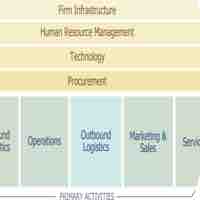
Intermediaries are a powerful resource that enable organizations to outsource specific business functions in order to focus more on their core competency.
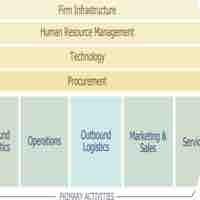
Utilizing intermediaries reduces organizational complexity and allows firms to focus on developing a core competency through specialization.
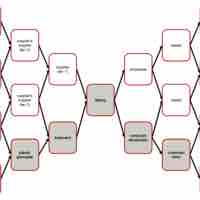
While organizations gain advantage by collaborating with intermediaries, there are costs involved to consider.
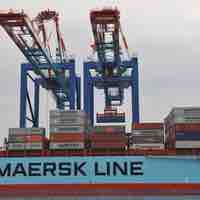
Marketing channels are sets of interdependent organizations involved in making a product or service available for use or consumption.
A channel for industrial goods is a set of interdependent organizations in the process of making products/services available for use.
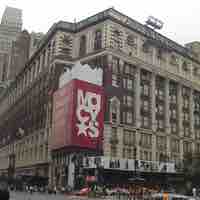
Store retailers vary in size, in the kinds of services, the assortment of merchandise they carry, and many other respects.

Non-store retailing is the selling of goods and services outside the confines of a retail facility.

Online retailing is a form of electronic commerce where consumers directly buy goods or services from a seller using the Internet.

Telemarketing is a method of direct marketing where a salesperson solicits prospective customers directly, usually over the phone.

A vending machine can dispense a wide variety of merchandise when the consumer inserts money into it.

A retail kiosk (or mall kiosk) is a store operated out of a merchant supplied kiosk.

Direct selling is the marketing and selling of products directly to consumers, away from a fixed retail location.

Cargo (or freight) is goods or produce transported, generally for commercial gain, by ship, aircraft, intermodal train, van, or truck.

Inventory represents finished and unfinished goods that have not yet been sold by a company.

A warehouse is a commercial building for storage of goods.

Materials handling is the movement, storage, control, and protection of materials during their manufacturing, distribution, consumption, and disposal.
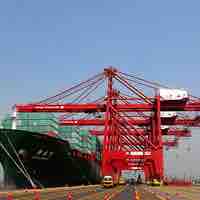
Shipping is a physical process of transporting commodities and merchandise goods and cargo, by land, air, and sea.
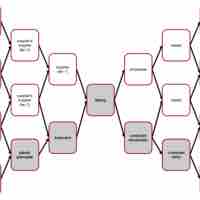
Supply chain management is the management of the network of interconnected steps involved in the provision of product and service packages.
